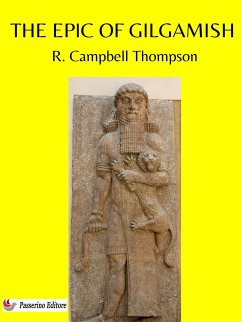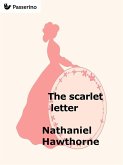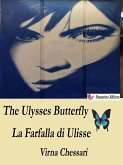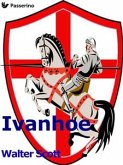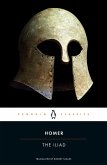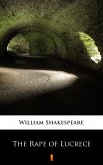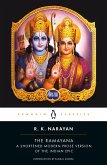The Epic of Gilgamesh is an epic poem from ancient Mesopotamia. The literary history of Gilgamesh begins with five Sumerian poems about Bilgamesh (Sumerian for "Gilgamesh"), king of Uruk, dating from the Third Dynasty of Ur (c. 2100 BC).
These independent stories were later used as source material for a combined epic in Akkadian. The first surviving version of this combined epic, known as the "Old Babylonian" version, dates back to the 18th century BC and is titled after its incipit, Shūtur eli sharrī ("Surpassing All Other Kings"). Only a few tablets of it have survived. The later Standard Babylonian version compiled by Sîn-lēqi-unninni dates from the 13th to the 10th centuries BC and bears the incipit Sha naqba īmuru ("He who Saw the Abyss", lit. '"He who Sees the Unknown"'). Approximately two-thirds of this longer, twelve-tablet version have been recovered. Some of the best copies were discovered in the library ruins of the 7th-century BC Assyrian king Ashurbanipal.
Reginald Campbell Thompson (21 August 1876 – 23 May 1941) was a British archaeologist, assyriologist, and cuneiformist. He excavated at Nineveh, Ur, Nebo and Carchemish among many other sites.
These independent stories were later used as source material for a combined epic in Akkadian. The first surviving version of this combined epic, known as the "Old Babylonian" version, dates back to the 18th century BC and is titled after its incipit, Shūtur eli sharrī ("Surpassing All Other Kings"). Only a few tablets of it have survived. The later Standard Babylonian version compiled by Sîn-lēqi-unninni dates from the 13th to the 10th centuries BC and bears the incipit Sha naqba īmuru ("He who Saw the Abyss", lit. '"He who Sees the Unknown"'). Approximately two-thirds of this longer, twelve-tablet version have been recovered. Some of the best copies were discovered in the library ruins of the 7th-century BC Assyrian king Ashurbanipal.
Reginald Campbell Thompson (21 August 1876 – 23 May 1941) was a British archaeologist, assyriologist, and cuneiformist. He excavated at Nineveh, Ur, Nebo and Carchemish among many other sites.

